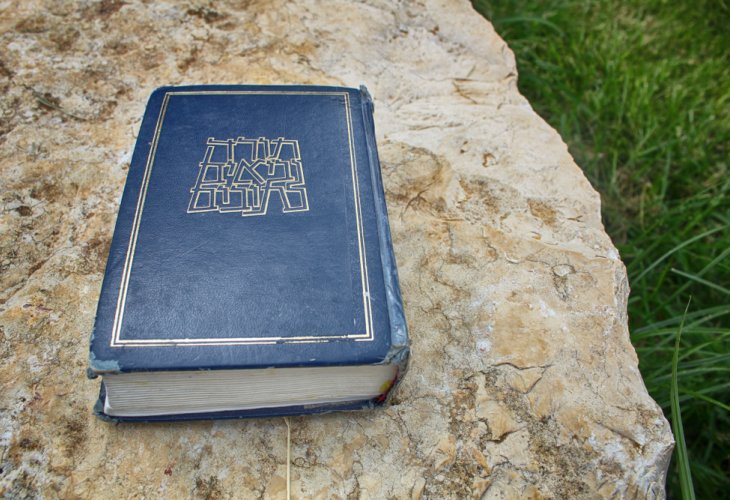Torah Personalities
Yael: The Woman Who Defeated Sisera and Saved a Nation
Yael's bravery changed the course of a war and earned her a place alongside the matriarchs of Israel
 (Photo: Shutterstock)
(Photo: Shutterstock)The Right Place at the Right Time
Yael, the wife of Chever the Keini, appears in the book of Shoftim (chapters 4–5). Her story is part of the haftarah (portion read from the Prophets after the Torah reading each Shabbat) for Parshat Beshalach. She played a decisive role in Israel’s victory over the Canaanites by killing Sisera, the fearsome general of Yavin, king of Chatzor. Though not a Jewess by birth, Yael’s courageous actions placed her in the heart of one of the most pivotal battles of the entire period.
Sisera led a powerful army that oppressed the northern tribes of Israel. In response, the prophetess and judge Devorah called for war against King Yavin. Barak ben Avinoam led the Israelite troops into battle near Mount Tavor and the Jezreel Valley. Despite Sisera’s military might, the heavens themselves fought on Israel’s behalf and delivered a resounding victory to the Jews. Sisera, a legendary warrior who had conquered much of the known world by age 36, was defeated.
Fleeing on foot, Sisera sought refuge in the tent of Yael. Because of an existing peace treaty between Yavin and the household of Chever the Keini, Sisera assumed he was safe. Yael greeted him warmly and invited him inside. The verse states: “Yael went out to greet Sisera and said, ‘Turn aside, my master, do not fear.’” She gave him milk instead of water, covered him, and assured him she would protect him.
But when he fell into a deep sleep, Yael seized the moment:
“She took a tent peg and hammer in her hand, approached him quietly, and drove the peg through his temple... and he died.” (Shoftim 4:21)
Blessed Among Women
As Barak pursued Sisera, Yael went out to meet him and declared, “Come, and I will show you the man you are seeking.” When he entered the tent, he found Sisera dead with the peg in his temple.
In the Song of Devorah, Yael is praised in poetic and powerful terms: “Blessed among women is Yael, wife of Chever the Keini, more than the women in tents... She served milk in a noble vessel and struck down a warrior with her own hand."
Our sages explain this praise: “Who are the ‘women in tents?' Sarah, Rivkah, Rachel, and Leah.” Yael was not greater than the matriarchs, but she merited a similar blessing because of the extraordinary salvation triggered by her brave and valiant act (Sanhedrin 105b).
The Alshich comments that the Shechinah (Divine Presence) was with her as she struck Sisera. He notes that her weapon, a large metal hammer used for construction, was neither an ordinary weapon nor a standard household tool.
Moreover, why did Yael kill Sisera with a tent peg rather than a sword? The sages explain: to avoid violating the commandment “a woman shall not wear a man’s weapon.”
A Convert, a Leader, and a Righteous Wife
The Midrash Tadsheh lists Yael among the righteous converts from the nations. Alongside women like Ruth, Tzipporah, Bat Pharaoh, and Rachav, she is remembered as a righteous convert.
In a surprising comment, Rashi explains the phrase “in the days of Yael” to mean: “She too judged Israel.” This positions Yael not only as a heroine but also as a leader.
Yael’s story is one of courage, faith, and fierce dedication to the Jewish people. With no sword, no army, and no prophecy, she changed the course of history with a single, decisive act. Her legacy lives on centuries later for standing tall when history needed her most.

